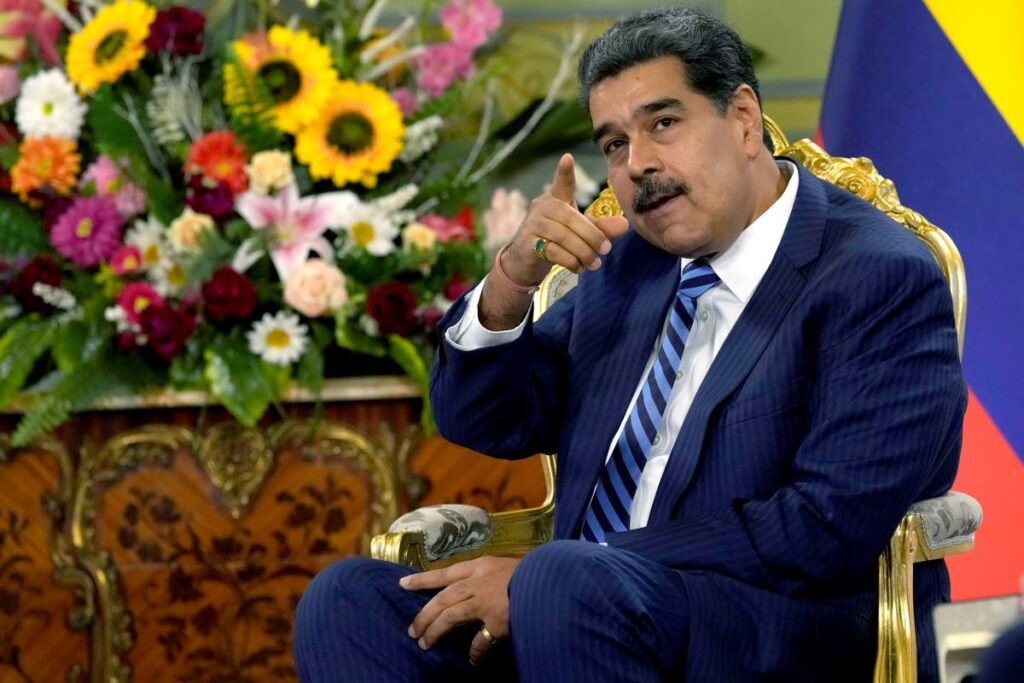Maduro’s power play

NICOLÁS MADURO has not retreated. He has simply stood down.
While there is cause to breathe a sigh of relief that the Argyle Declaration released on Thursday, after his face-to-face meeting with Dr Irfaan Ali, commits Venezuela and Guyana to the avoidance of “the use of force,” the very fact that the agreement had to be entered into is confirmation of the risk to peace posed by the Essequibo conflict.
With Thursday’s talks in St Vincent and the Grenadines, the Venezuelan leader managed to achieve several contrasting objectives. The talks were a publicity coup for someone who wishes to be seen as a strong crusader for the Venezuelan cause back at home.
While his disdain for the International Court of Justice (ICJ) is obvious, he also managed nonetheless to suggest a commitment to the international order. The summit was held with the blessings of Caricom, the Community of Latin America and the Caribbean and Brazil.
Meanwhile, President Maduro faces mounting political risks back at home. His call for the Venezuelan people to support his aggression in a “consultative referendum” fell flat, with empty polling stations. He knows the leading opposition figure, Maria Corina Machado, is on the rise. Presidential elections are due next year.
If his stance on Guyana was meant to bolster his position in that race, the dismal response to his referendum is further proof that he faces a serious loss of authority. The Argyle Declaration now gives him a possible way to back down while saving face.
The truth is, Venezuela cannot afford to go to war.
After something of a reprieve last year, the economy is back in freefall. Economic activity decreased by seven per cent, while inflation stood at 398 per cent up to July, according to some estimates. While teachers here look forward to their Christmas back pay, in Venezuela they are paid just US$6 a month.
These talks, which are to continue in Brazil in the new year, are unlikely to bolster such citizens struggling to make ends meet.
Additionally, there is the belief that Venezuela’s armed forces, with anywhere between 120,000 and 130,000 active personnel, have been gutted in recent years. Even if that is not so, the military might struggle to occupy and hold an area as vast and as densely forested as Essequibo.
Nevertheless, a small-scale, simple operation cannot be ruled out. Caracas has already launched a non-military offensive by establishing new divisions in state oil and gas companies and by authorising officials to start licensing based on a brand-new map including Guyana’s land.
If Sr Maduro truly wishes for peace, he should commit to the ICJ under the rule of law. Otherwise, what is to stop him, should he so desire, from turning against the Argyle Declaration?


Comments
"Maduro’s power play"